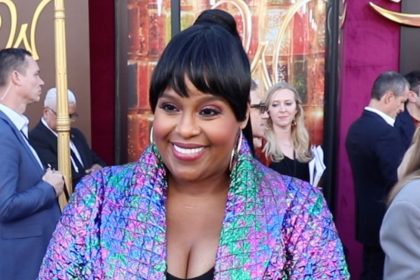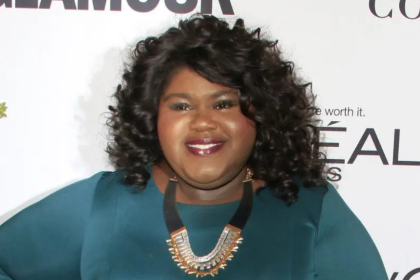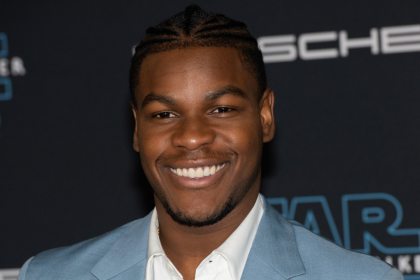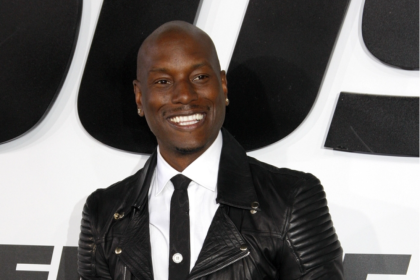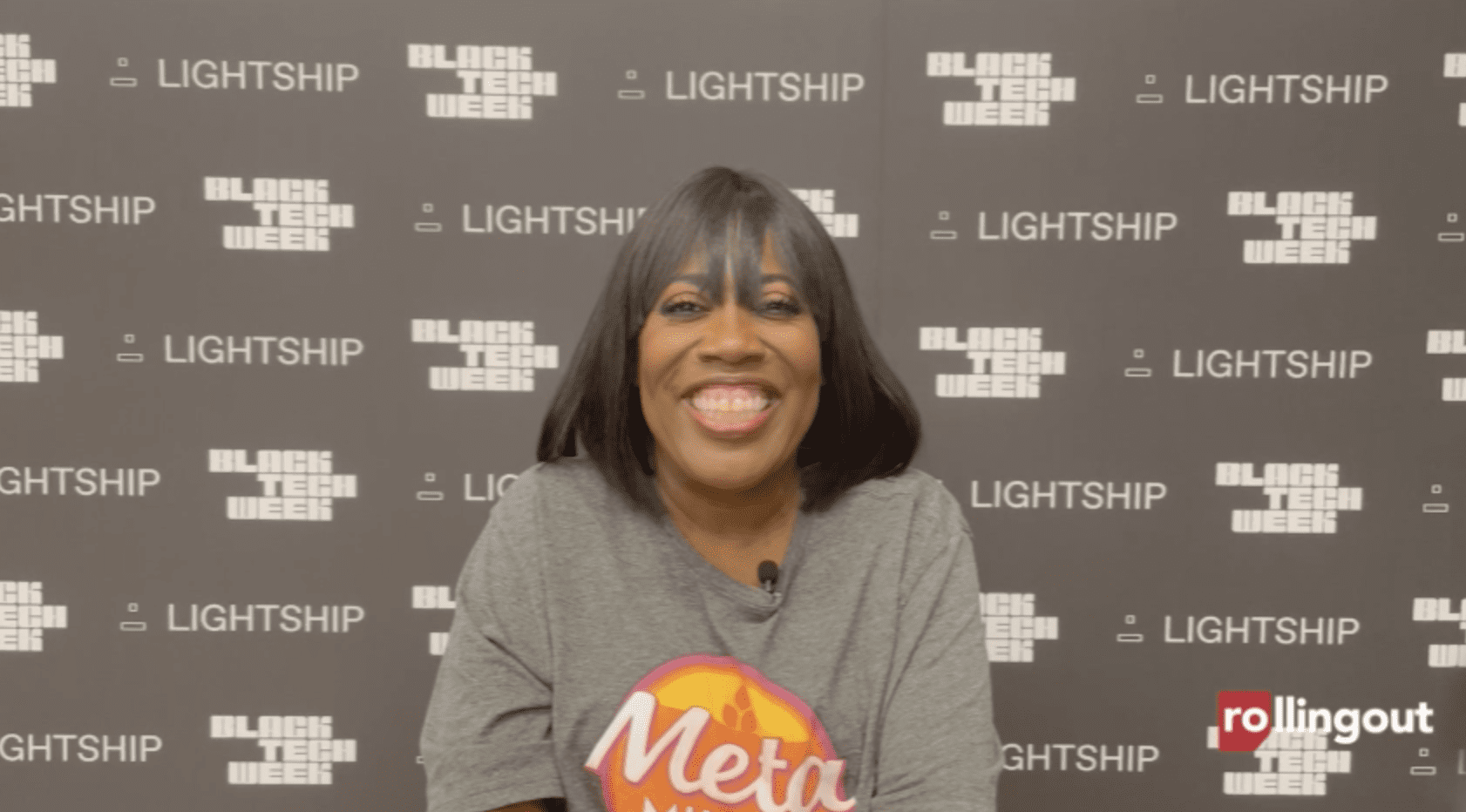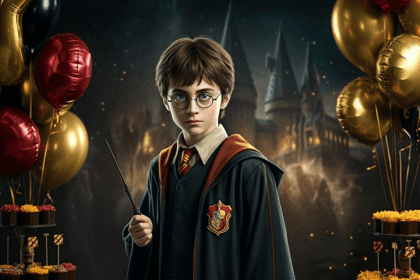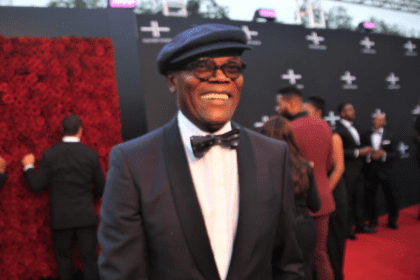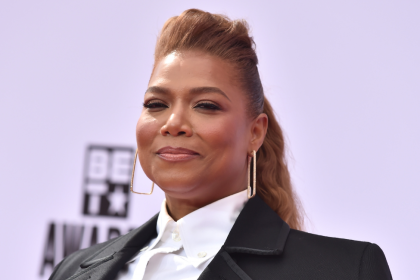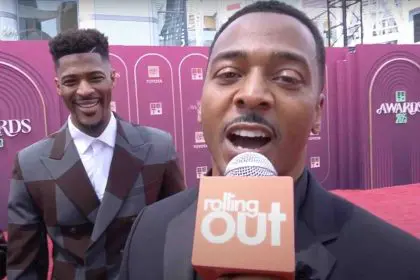
It only took three and a half minutes for Jordan Davis to lose his life. The 17-year-old was murdered in cold blood after Michael Dunn shot him in Jacksonville, Florida three years ago.
During the coverage of the trial, Dunn was often viewed as a man who simply became agitated because Davis and his friends played the music in their car too loudly. However, after witnessing the documentary 3 1/2 Minutes, 10 Bullets, it’s obvious that Dunn saw Davis and his friends as worthless individuals who didn’t deserve to live.
The film, which debuts on Nov. 23 on HBO, takes an indie look at a case that shed light on how subtle racism can lead to death for young Blacks in America.
During a recent screening of the film in Harlem, New York, our publication spoke with the parents of Jordan Davis, Lucia McBath and Ron Davis.
How were you all able to deal with the emotional testimony that took place in the trial of the man accused of killing your son, Jordan?
Ron Davis: From the beginning, the judge called Lucy and I up to the front and said, “I know it’s gonna be a very emotional time but we don’t want neither one of you to have an emotional outburst. And we know there’s gonna be tears, but keep them to a minimum because we have to call a mistrial if it sways the jury.” Normally you get to sit on the front row being the family of the victim, but they asked us to sit on the second row. But Michael Dunn’s family were able to sit on the first row. So you learn very quickly that it’s not the trial of Jordan davis, it’s the trial of Michael Dunn. All things point toward Michael Dunn to make sure he’s comfortable with the proceedings going on. So you realize that you don’t have the opportunity to get your own attorney to represent you when you have a victim, you’re represented by the state attorney in that county. But nothing really represents you, you’re just there. Basically sort of a voyeur. You’re sitting there and you’re listening to things about your personal life and about your child’s personal life and when you hear lies about your child. There’s nothing you can do about it. You can’t raise a hand, you can’t shout, you can’t do any of those things because you can cause a mistrial and they may change the venue and then you’re really out of luck. I learned that I have to hold my peace, that when the boys were there they showed me that even as young men that they stood tall. Those young men did not break, they told the truth. And no matter how many questions they fired at them and which way they fired it, they would continue to tell the truth. I received so much strength from those three young men [Jordan’s friends who were also in the car on the day he was killed].
Lucia McBath: That was the hardest thing I ever had to do was to keep my mouth shut. You have no idea who those boys were, you have no idea who you were shooting at. All you saw were four Black men, young kids and you label them thugs, gangbangers and a threat to society. You have no idea who they were. And of course we knew the racial undertones of our trial. We knew that what Michael Dunn did was racially motivated. But we couldn’t talk about it, that was really hard. Because if we did we would be seen as the angry Black man and woman in the media and possibly receive no justice. To be faced with the fact that two people caused so much harm in our lives. And so much harm to our boys and callously thought nothing of it and that they did nothing wrong. Particularly in that second trial, because I couldn’t speak, we couldn’t show emotion and I couldn’t cry. Because we had to sit there stoically, I was writing and journaling my prayers and everything I was mad about, everything I was angry about is in my journal because that was the only way I could express what I was truly thinking and feeling and I think that’s the hardest thing we’ve ever had to do.
How did you both rely on each other for strength?
Ron Davis: We knew the fight was going to take strength from both of us to do it. When you’re out there on the island by yourself, it’s hard. And one day you might be strong and Lucy can lean on me and the next day she might be stronger and I can lean on her. So we had to be strong together and realize that it’s not happening to one of us, but both of us. Every day we talk to Jordan and every day we say we’re gonna get through this and we’re gonna make it right for Jordan. I don’t care how many times we have to go back to court. We went to court probably 30 times. And there was not a motion that either me or Lucy didn’t attend because we knew how they try to cut down the charge or water down the charge. That’s why I said it’s a historical moment in the South because it’s the first time that a white man was given life imprisonment with no chance of parole for killing a Black person.
Lucy: What was really difficult is I knew how I was thinking and feeling going into that trial and I knew how wretched it was for me and I couldn’t help him. I couldn’t help him with what he was going through. As much as we tried to lean on each other there was still internally the horrible wretchedness we were going through. Yet and still even though we were working together and standing firm for Jordan, we still couldn’t help each other with what we were individually going through. He as the father of a young Black male who had been gunned down, me as the mother of a young Black male who had been gunned down.
There were moments where Dunn’s defense attorney would attempt to paint Jordan as the combative person who wouldn’t turn down the music. How did it feel knowing that Black men are viewed as threats if they aren’t docile?
Ron: Being born in Harlem, New York and growing up in Queens in the ‘60s, the way we dealt with things are a lot different from today and how we handle it ourselves. It took so much to get that Malcolm X out of my head and to put Dr. King in my head. Because under any other kind of circumstances, there’s gonna be trouble. I said to myself, “I’m not gonna see him walk out of that courtroom.” I remember the Trayvon Martin case and I remember how George Zimmerman walked out of that courtroom and it must’ve hurt Tracy [Martin] as a father to see the man that killed your son walk out of that courtroom. We text each other and I said if this happens to Jordan and Michael Dunn walks out of that courtroom, they’re probably gonna have to take my freedom. I can’t let him walk past me out of that courtroom. I just can’t do it.
3 1/2 Minutes, 10 Bullets to debut on Nov. 23 on HBO.


